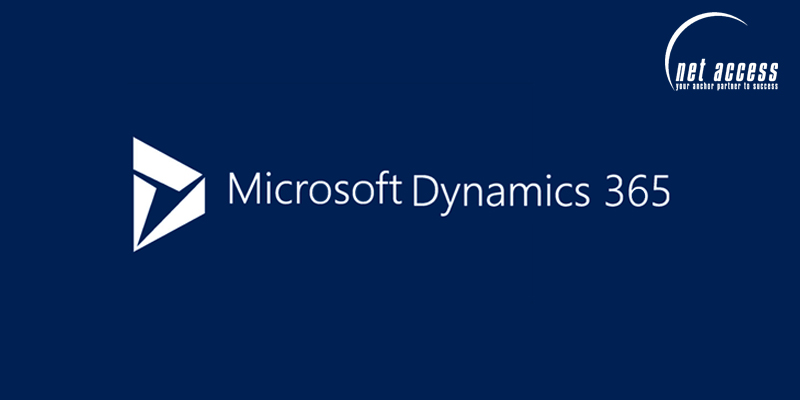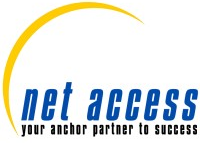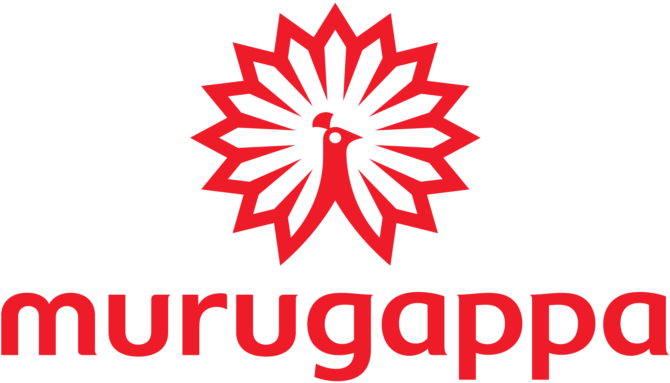
Enhancing Business Efficiency: A Guide to Choosing the Right Microsoft Dynamics 365 L1 Support Services Provider
In the dynamic landscape of modern business, optimizing operational efficiency is a continual pursuit. Microsoft Dynamics 365 has emerged as a powerful tool, seamlessly integrating Customer Relationship Management (CRM) and Enterprise Resource Planning (ERP) functionalities. To ensure the smooth functioning of this sophisticated system, choosing the right L1 Support Services provider is paramount. In this blog post, we’ll explore the key considerations for businesses seeking to enhance their efficiency through Microsoft Dynamics 365 L1 Support Services.
Understanding the Role of L1 Support Services:
L1 Support Services are the initial layer of technical assistance, focused on addressing basic user queries, troubleshooting common issues, and providing essential guidance for Microsoft Dynamics 365 users. The efficiency of this support layer significantly influences the overall user experience and the successful implementation of Dynamics 365 within an organization.
Key Considerations for Choosing the Right L1 Support Services Provider:
Experience and Expertise:
– Look for a service provider with a proven track record and extensive experience in supporting Microsoft Dynamics 365. An experienced provider brings a wealth of knowledge to efficiently handle various scenarios.
Scalability:
– Ensure that the chosen provider can scale its support services to align with the growth of your business. A scalable solution ensures continued support as your Dynamics 365 usage evolves.
24/7 Availability:
– Consider providers that offer round-the-clock support. This ensures that critical issues are addressed promptly, regardless of the time zone, enhancing the overall reliability of your Dynamics 365 environment.
Localized Support:
– If your business operates in India, opting for a provider offering localized support can be beneficial. This ensures that support services are attuned to the specific needs and nuances of the local business environment.
Proactive Issue Resolution:
– Choose a provider with a proactive approach to issue resolution. This involves continuous monitoring of the Dynamics 365 environment, enabling the identification and resolution of potential issues before they impact business operations.
Training and Documentation:
– Evaluate the provider’s commitment to user training and documentation. A comprehensive training program and well-maintained documentation contribute to increased user proficiency and self-service issue resolution.
Benefits of Choosing the Right L1 Support Services Provider:
Maximized System Uptime:
– Timely issue resolution and proactive monitoring contribute to increased system uptime, ensuring business continuity.
Cost-Effective Solutions:
– The right support services provider offers cost-effective solutions, aligning with your budgetary constraints while providing high-quality support.
User Satisfaction:
– Efficient support services contribute to enhanced user satisfaction, promoting better utilization of Microsoft Dynamics 365 within your organization.
Strategic Focus:
– With reliable L1 support in place, your organization can focus strategically on leveraging the full potential of Microsoft Dynamics 365 to drive innovation and growth.
Conclusion:
Choosing the right Microsoft Dynamics 365 L1 Support Services provider is a critical step in unlocking the full potential of this robust business solution. By considering factors such as experience, scalability, and proactive issue resolution, businesses can ensure a seamless and efficient user experience, fostering growth and innovation in the competitive business landscape.
Ready to take off! Net Access specializes in delivering tailored Microsoft D365 support services for:
- Retail and Commerce: Ensuring seamless operations and customer satisfaction.
- Supply Chain Management: Optimizing logistics and enhancing efficiency.
- CRM (Customer Relationship Management): Elevating customer engagement and relationship strategies.
Contact us now!

